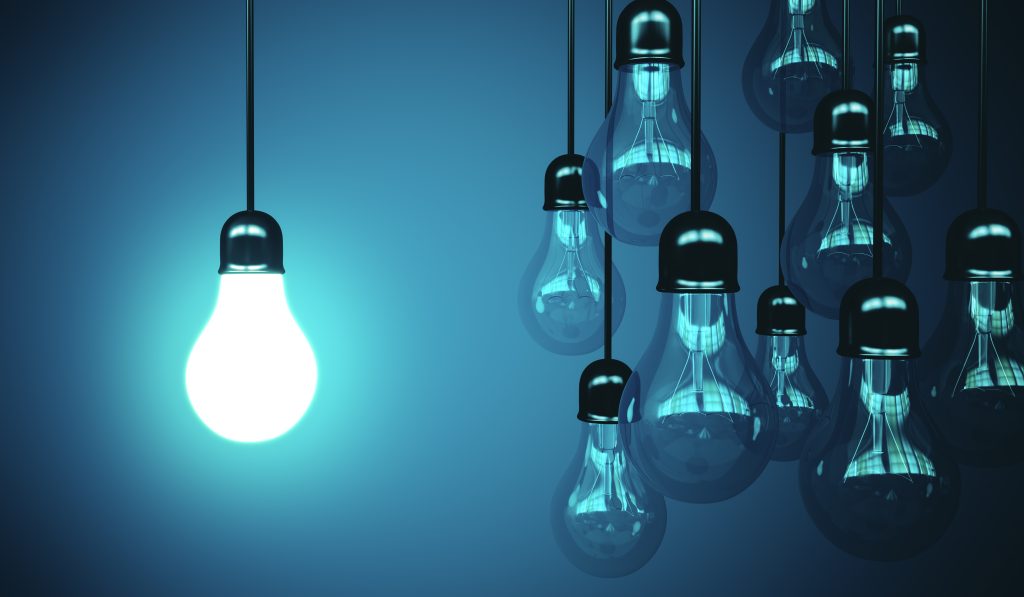Electricity in Canada is generated from a diverse mix of sources, reflecting the country’s vast natural resources and commitment to renewable energy. The primary source of electricity is hydroelectric power, leveraging Canada’s abundant waterways to generate clean, renewable energy. Nuclear power is another significant source, providing a large portion of the country’s electricity with a low carbon footprint. Fossil fuels, such as coal and natural gas, also play a role in electricity generation but are being progressively replaced or supplemented with renewable sources like wind, solar, and biomass. Canada’s energy policy emphasizes sustainability and reducing greenhouse gas emissions, leading to investments in renewable energy technologies and infrastructure. This diverse energy mix ensures a stable and sustainable electricity supply nationwide.

Electricity storage is crucial to managing the balance between electricity supply and demand. Unlike other forms of energy, electricity cannot be stored easily once generated; it must be used immediately or converted into other forms of energy for storage. The most common method of electricity storage is in the form of potential energy in pumped-storage hydroelectric facilities. In these systems, electricity pumps water to a higher elevation. When electricity is needed, the stored water is released to flow downhill through turbines, generating electricity.
Large home appliances use the most electricity in a home, these include the furnace, hot water tank, air conditioner, oven, clothes dryer, dishwasher, and washing machine. Hot tubs and space heaters can also consume a lot of energy. Visit our blog to learn more about how to lower your household energy use.
Alberta’s energy market has transformed from a regulated monopoly to a competitive one. Private companies can now build and operate power plants using various energy sources. While generation is competitive, transmission and distribution are regulated. The retail market is fully deregulated, giving consumers the freedom to choose their electricity providers and pricing plans. The Alberta Utilities Commission (AUC) regulates various aspects of the market to ensure fair competition, consumer protection, and overall market efficiency. The restructured energy market in Alberta aims to enhance consumer choice, foster innovation, and create a more efficient and competitive marketplace for electricity services.
If you encounter any issues with your metre, the best course of action is to contact your electricity distributor. They are responsible for maintaining and operating the electricity network in your area, which includes the metreing infrastructure. They will be able to assist you with any problems related to the metreing of your electricity usage, such as inaccurate readings or faulty equipment. While Peace Power, as a retailer, manages your account and billing information, they do not have control over the physical metre itself. Therefore, it’s important to reach out to your electricity distributor directly for any metre-related concerns.
Electricity can travel through water because water is a conductor, especially when it contains impurities or dissolved salts that provide ions to carry electrical charges. This is why it’s dangerous to operate electrical devices near water or to touch water that may be in contact with electricity. Pure water without impurities (distilled water) is a much poorer conductor of electricity because it lacks the ions necessary for conducting electric current. However, most water we encounter in our daily lives, including tap water and natural water bodies, has enough dissolved substances to conduct electricity. Safety measures, such as using Ground Fault Circuit Interrupters (GFCIs) in areas near water, are important to prevent electrical accidents. Electrical systems are designed with this conductivity in mind to ensure safety and prevent electrical hazards.
Choosing the right power company in Alberta depends on several key factors:
Here at Peace Power Edmonton we offer the best rates for natural gas within Alberta plus you are not bound to any contract for your utilities.
Links